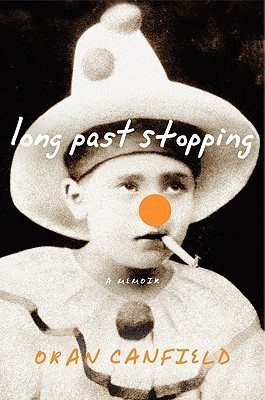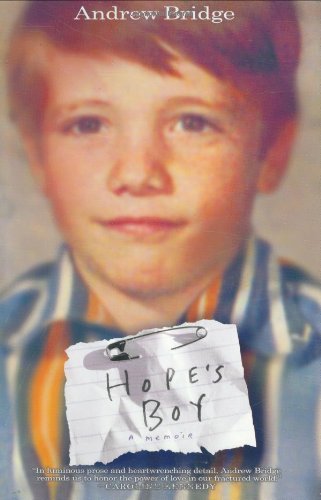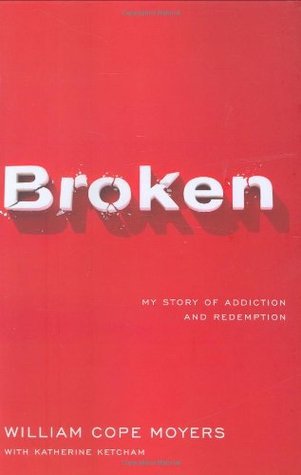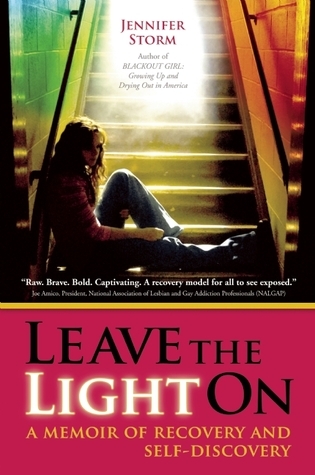
Long Past Stopping: A Memoir
Book Description
Caught in the relentless grip of addiction, Oran Canfield embarks on a heart-wrenching journey through chaos and despair, uncovering the raw truths of survival and redemption. With every page, the weight of choices looms larger as relationships fracture under the strain of his struggle. Raw, honest, and painfully real, "Long Past Stopping" paints a vivid portrait of the battle against the inner demons that threaten to consume him. With hope hanging by a thread, can he rewrite his story before the darkness claims him for good? What does it truly take to rise from the ashes of one’s own making?
Quick Book Summary
In "Long Past Stopping: A Memoir," Oran Canfield shares a brutally honest account of battling addiction, chronicling his journey from tumultuous childhood through cycles of self-destruction, heartbreak, and fleeting recovery. As the son of Jack Canfield, co-creator of "Chicken Soup for the Soul," Oran grapples with living in the shadow of greatness while struggling to find his own direction. The memoir explores the spiral into heroin addiction, the relentless grip of substance abuse, and the resulting estrangement from family and friends. With painful insight and stark humor, Canfield reveals the resilience demanded to repeatedly face his inner demons. Ultimately, the memoir is a testament to the possibility of hope and renewal, even amidst the bleakest circumstances.
Summary of Key Ideas
Table of Contents
The Impact of Family and Upbringing on Identity
Oran Canfield’s memoir opens with a vivid portrait of a childhood marked by instability and the weight of his father’s fame. Growing up as the son of a bestselling author, Canfield finds himself thrust into an unconventional environment, frequently shuffled between adults with different philosophies and expectations. The disconnection from his parents, particularly his father’s idealistic self-help persona, creates a sense of alienation and confusion about self-worth and identity. This fractured foundation sets in motion the eventual search for escape through substance use.
The Descent into Addiction and Loss of Control
As he moves into adolescence and young adulthood, Canfield details the lure and eventual chokehold of heroin addiction. His journey is one of repeated falls—the highs and lows of using and the illusory respite it provides from pain. The narrative is unflinching as Canfield exposes the physical, emotional, and ethical depths plumbed in service of addiction. Each relapse magnifies the loss of control, chipping away at dreams and corroding any sense of normalcy or hope.
Estrangement, Isolation, and Fractured Relationships
Addiction exacts a steep cost on relationships. Family bonds weaken under the strain of broken promises and mounting dishonesty. Trust erodes, leading to intense feelings of shame and estrangement. Friendships, too, become casualties, as Canfield alienates those close to him, spiraling further into isolation. The memoir explores this emotional landscape with raw self-awareness, depicting the cyclical trauma addiction inflicts on both the user and their loved ones.
Moments of Hope and the Struggle for Recovery
Throughout his ordeal, moments of hope flicker—episodes of attempted recovery, fleeting optimism, and support from unexpected places. Canfield gradually confronts the root causes of his behavior, engaging with therapy and rehabilitation, and slowly piecing together the means to fight back against addiction’s pull. These efforts are portrayed with humility and candor, showing how fragile and incremental the process of change can be.
The Ongoing Battle for Redemption and Self-Understanding
In the closing chapters, Canfield reflects on what it means to live with the scars of past choices and the constant tension between progress and relapse. Recovery is not a linear journey, and Canfield resists easy redemption. Instead, the memoir ends with a hard-earned sense of acceptance, where self-forgiveness becomes possible. By sharing his story, Canfield underscores the ongoing struggle for meaning and the possibility of building a new life, even after many false starts.
Download This Summary
Get a free PDF of this summary instantly — no email required.





